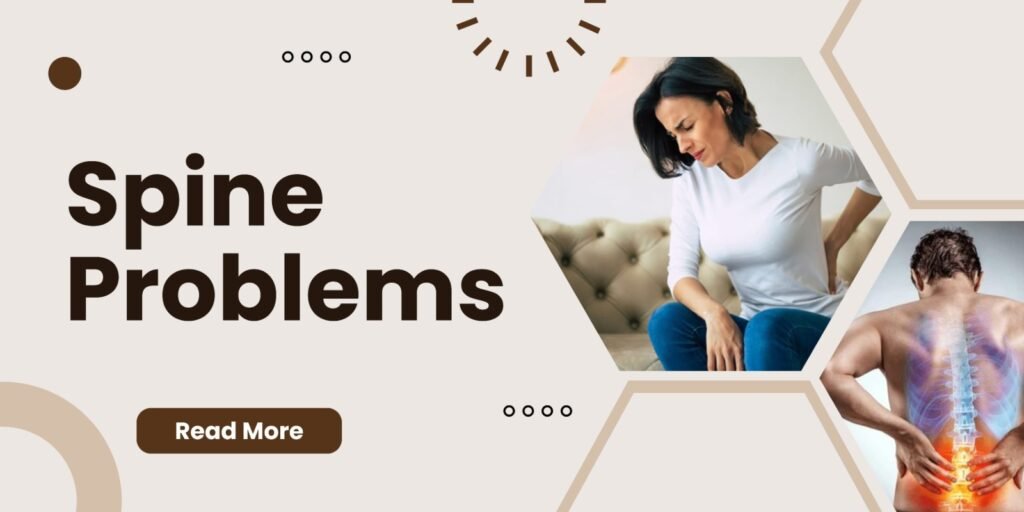What Are the Early Indicators of Spine Issues in Young Adults?

Spine issues can be a major concern for young adults, impacting their overall health and quality of life. Early identification is key for effective management and treatment. Recognizing the initial signs of spine problems can help individuals seek prompt medical attention and avoid potential complications. This article highlights the common early indicators of spine issues in young adults and provides essential information for proactive health management.
Common Early Signs of Spine Problems
Persistent Back Pain
A frequent early sign of spine issues is persistent back pain. Unlike occasional discomfort, this pain typically lasts for weeks or even months and may be localized or spread across a larger area of the back. In young adults, persistent back pain can be associated with various conditions, such as muscle strain, herniated discs, or poor posture. If the pain persists despite rest and over-the-counter treatments, it’s important to consult a medical professional.
Stiffness and Limited Range of Motion
Stiffness in the back or neck and a reduced range of motion can indicate underlying spine problems. This stiffness often affects daily activities and can be especially noticeable in the morning or after periods of inactivity. Conditions such as spinal arthritis or ankylosing spondylitis may contribute to these symptoms. If stiffness remains persistent and interferes with daily tasks, seeking medical advice is advisable.
Radiating Pain or Numbness
Radiating pain or numbness from the back or neck into the arms or legs can signal spine issues. Known as radiculopathy, this type of pain occurs when a nerve root in the spine is compressed or irritated. Conditions like a herniated disc or spinal stenosis can cause radiculopathy. Such symptoms can greatly affect mobility and daily function, making it important to address them promptly.
Unexplained Weight Loss
Unexplained weight loss, especially when combined with back pain or other spine symptoms, can be concerning. While weight loss can result from various factors, in the context of spine problems, it may signal a more serious condition such as a spinal infection or tumor. If you experience sudden or unexplained weight loss along with spine issues, a thorough evaluation by a healthcare provider is essential.
Postural Changes
Noticeable changes in posture, such as hunching or abnormal curvature of the spine, can be an early sign of spine problems. Conditions like scoliosis or kyphosis may lead to postural changes that become more apparent over time. Observing any deviations in posture and consulting a healthcare professional for diagnosis and treatment can aid in early detection and intervention.
